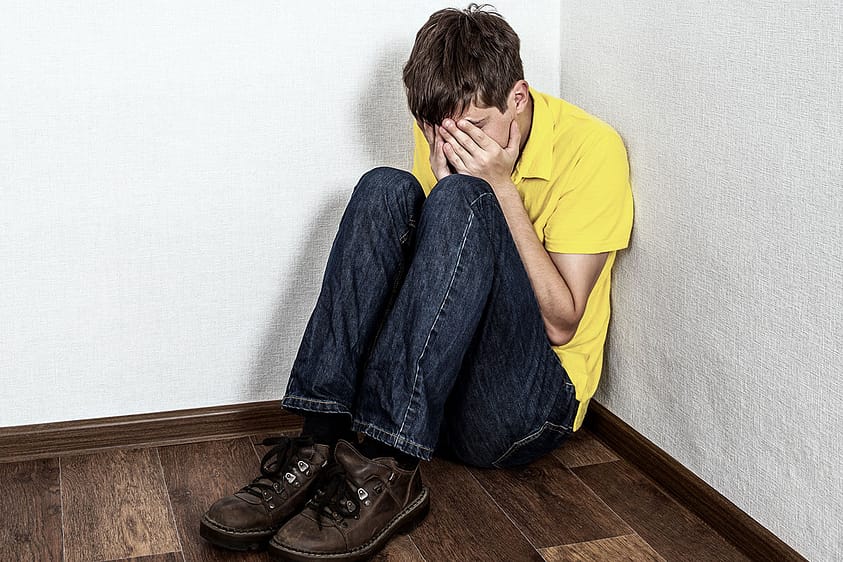Teens are still developing, meaning that their decision-making and logical reasoning centers are still maturing. Many teens have abused prescription drugs at least once; as a result, addiction is a natural consequence. Fortunately, drug and substance abuse in teens is highly treatable at a teen intervention center.
Addiction and substance abuse disorders are progressive conditions that don’t discriminate, meaning that anyone using or experimenting with substances like alcohol can develop a dependency. All psychoactive substances are prone to abuse because they force your brain to release more neurotransmitters than it should, which creates a pleasurable rush that induces the positive effects of intoxication. Teens and young adults are especially at-risk for substance abuse disorders because of things like peer pressure. To learn more, contact our adolescent treatment center today.
Drug and Substance Abuse in Teens
21% of seniors in high school use marijuana monthly, while another 20% regularly binge drink. Drugs and alcohol are neurotransmitter inhibitors, forcing your brain to release more neurotransmitters than usual. Ultimately, drug and substance abuse in teens leads to significant neurotransmitter imbalances that can impact your thoughts, feelings, and behaviors. Since teenage minds are still developing and maturing, drugs and substance abuse in teens can have a more pronounced impact on their mood than with adults.
While experimenting with substances like prescription medications, marijuana, and alcohol is relatively widespread among teenagers, some teens can quickly transition to abuse and addiction. Some people are more sensitive to the effects of substances, placing them at a higher risk of struggling with an addiction. Experimenting with drugs like marijuana can increase your chances of trying other substances, which is another way recreational use is connected with drug and substance abuse in teens.
Addiction develops on a different timeline for everyone, meaning occasional use can lead to dependency within weeks, months, or years after your first use. Some of the most common signs of drug and substance abuse in teens include:
- Sudden and unexplained mood and personality changes
- Weight loss, pale skin, dilated pupils, and blood-shot eyes
- Sleeping too much or not enough
- Losing interest in hobbies
- Declining grades
- Truancy
How Substance Abuse Disorders are Treated
Addiction is a chronic and progressive mental health disease that continues to cause increasingly severe symptoms. Substance abuse disorders impact your cognition and pleasure and reward center, interfering with how you would typically make decisions and interact with others. During addiction, your brain becomes dependent on your substance of choice to release neurotransmitters.
When you begin the recovery process, it takes time for your brain and body to heal. Your brain associates people, places, and things that remind you of your substance of choice with pleasure, which causes you to experience intense cravings when you encounter triggers.
Treatment centers offer both inpatient and outpatient programs, with inpatient offering residential care. Since many substances, like alcohol, can lead to physical dependency, many treatment centers offer medically assisted detox services to minimize your withdrawal symptoms. Evidence-based treatments, like cognitive and dialectical behavioral therapy, help you learn how to identify, change, and accept negative thoughts, feelings, and actions.
If you struggle with a co-occurring disorder, many treatment centers have dual diagnosis treatment programs. These programs meet both your substance abuse and mental health needs. Individual counseling can help you address and overcome the root cause of your substance abuse struggles, while family therapy creates a way for your loved ones to play an active role in your recovery.
Finding Help Today
While drug and substance abuse in teens can lead to significant consequences, recovery is always possible. Struggling with a substance abuse disorder can make you feel overwhelmed, lost, and confused. To find out more about our specialized adolescent substance abuse treatment programs, contact us today at 866.300.5275.





